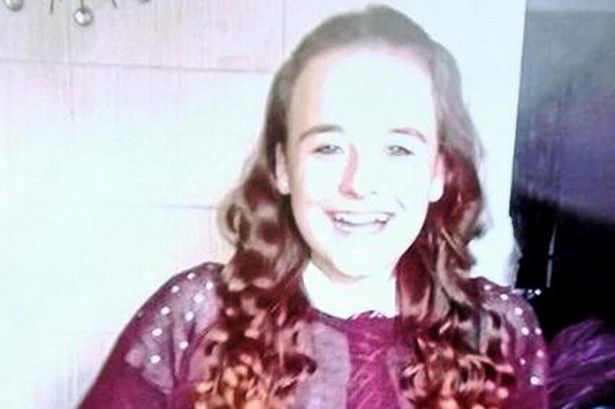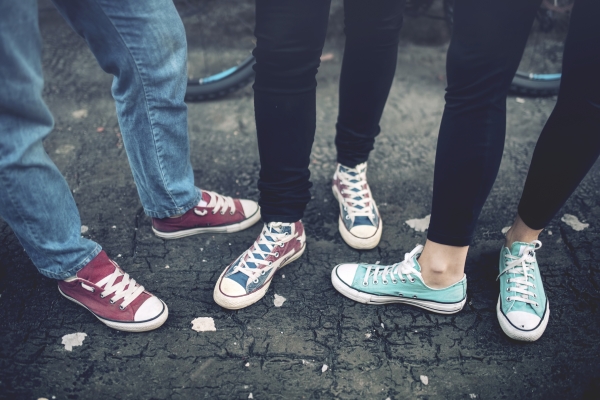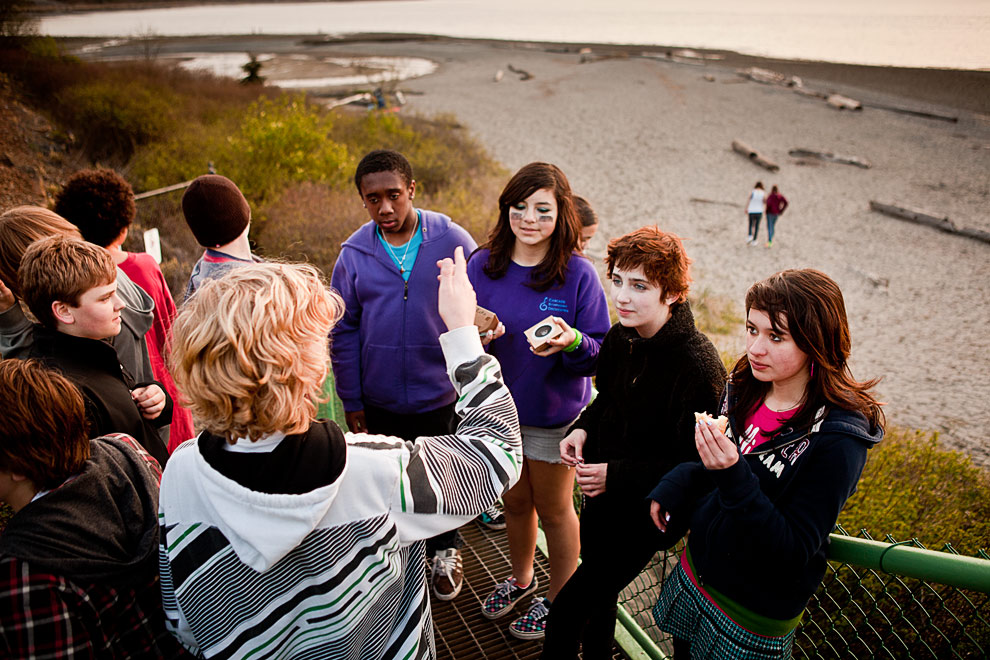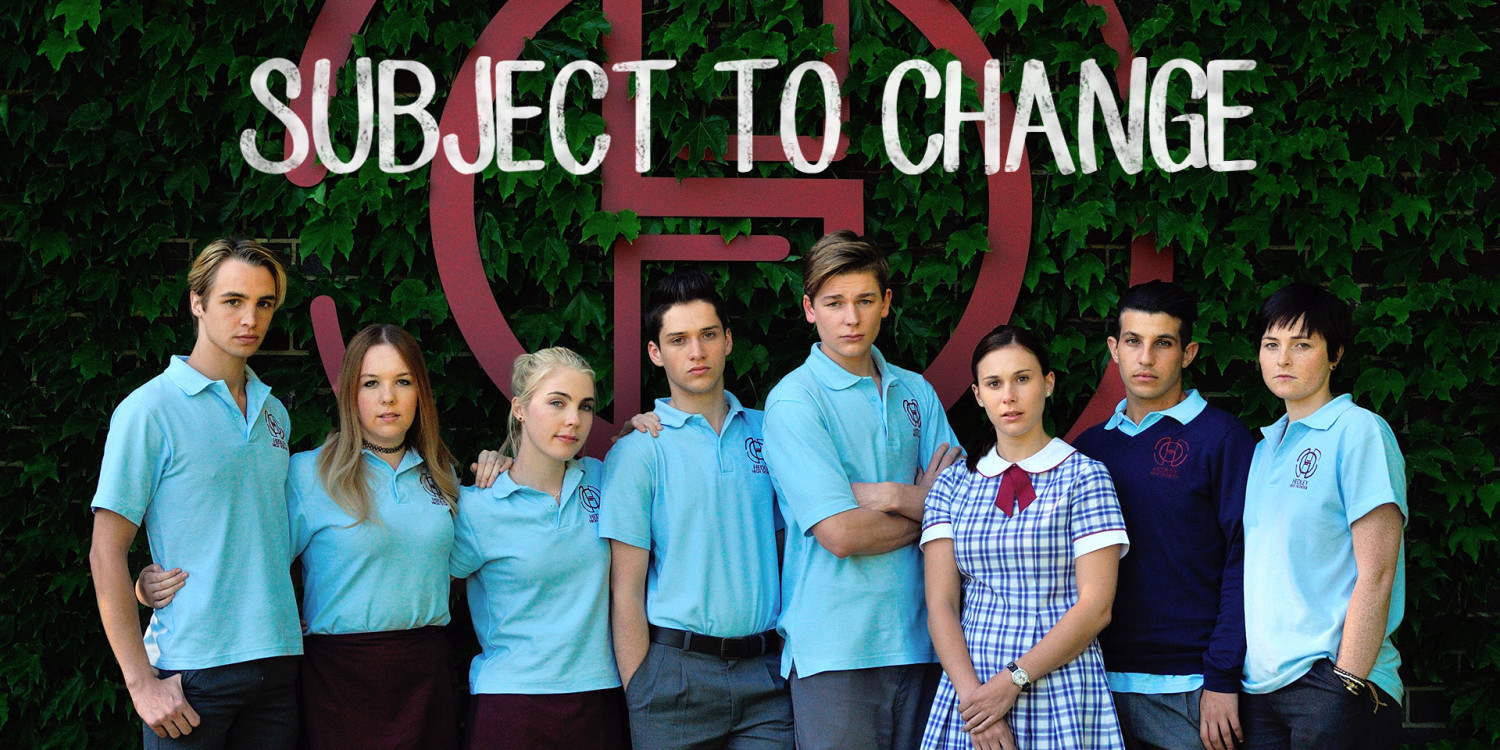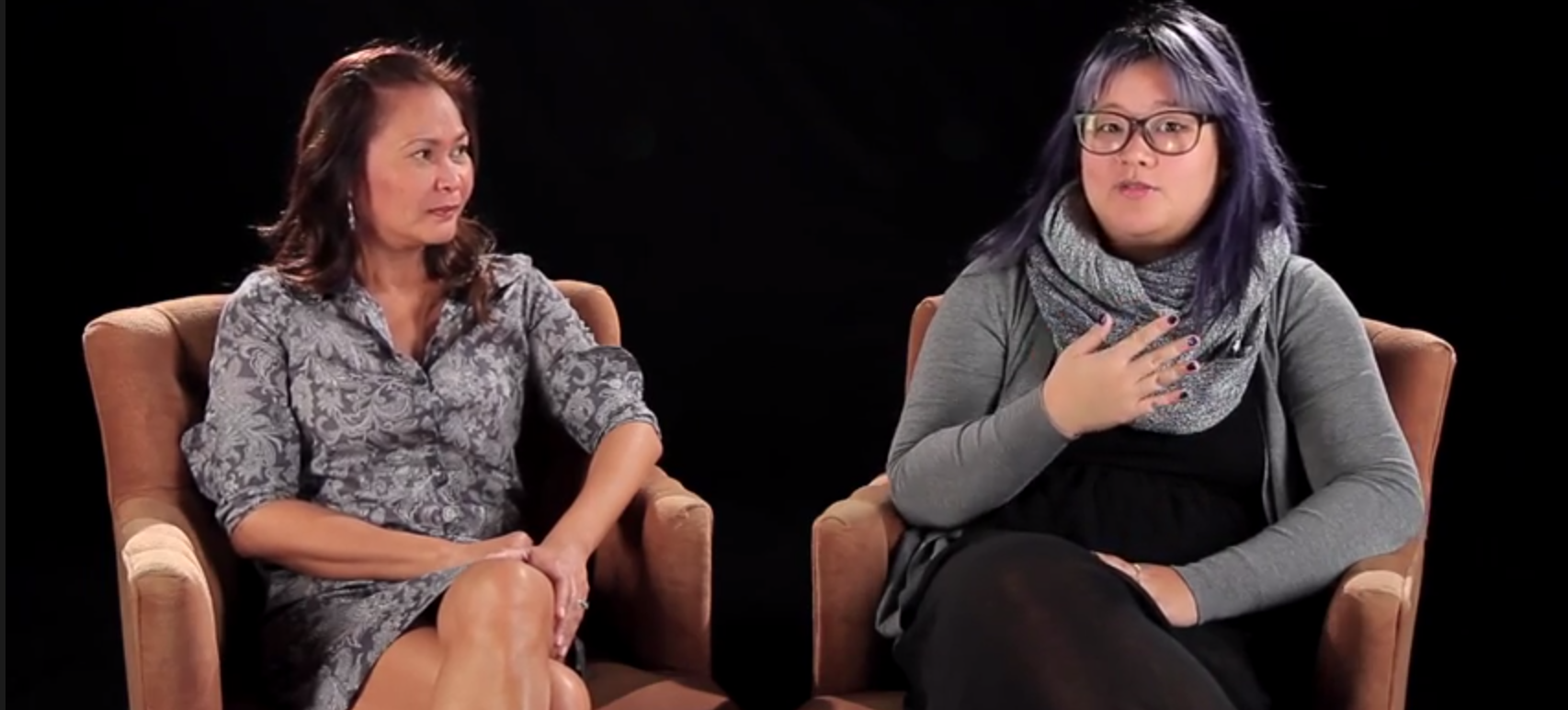What Kelly Moorhead must be going through after losing her 15-year-old daughter, Chloe, to suicide three months ago must be excruciating.

No parent expects to outlive their child anyway, but when your child commits suicide and you believe it could have been prevented must be one of the worst things that could happen to a parent.
Kelly believes her daughter took her own life after coming out as gay because she couldn’t deal with the humiliation she faced. Now Kelly is demanding that schools should provide LGBT education to raise awareness and acceptance amongst its students and staff.

Here, here, to this. It’s defies belief how many youngsters suffer abuse, bullying and negativity when they come out to their peers and this has to stop. And the only way to stop it is through educating youngsters in order for them to accept others and be able to deal with their sexuality if they are gay or bisexual themselves.
Kelly stated that awareness in schools could have saved her daughter’s life and explains that when Chloe first came out to her a year ago she didn’t have any issues. Three months later Chloe’s twin sister, Samantha, then came out as bisexual. Kelly told the Herald Scotland:
It’s shocking with Chloe as she was so confident and she came out, I couldn’t have been any prouder of her coming out at that age. She was so secure with it at the time. This is why I think it’s essential this issue is brought into schools, and made a part of the lessons in class. It can’t be an option; it needs to be part of lessons.”
Kelly expressed concern that if nothing is done gay and bi teens will continue to take their own lives if they can’t cope with the stigma they endure when they come out. This means that teens will either keep quiet and not come out, something that can completely destroy a person, or when they do come out and are not supported they end up feeling so isolated and different that they see suicide as the only way out.
Kelly is calling that the Government is quick to support the campaign and stated:
My message is yes, there is hate out there, but I want people who are gay, lesbian, transsexual, to see that not everyone is a bigot or has a negative attitude. There is support out there. We never will abolish hate, but I want them to see that there are people who support them. We are here.”
Kelly is actively promoting LGBT issues Dumfries, attempting to challenge the stigma that gay and transgender people face. She said she is determined to tackle discrimination in any way possible and has organised charity nights and LGBT friendly events.
This campaign gets my vote. Suicide is one of the highest causes of death among youngsters and LGBT teens are the highest affected. This does need to stop and education and awareness has to be the way forwards.
